Medical transcription is more than just typing—it’s about making sure every word matters for patient care. Every time a doctor speaks, transcriptionists turn those words into clear medical records that guide diagnoses, treatments, and follow-ups. This challenge is designed to help you step into their shoes and sharpen your real-world skills with a personal touch.
Why Medical Transcription Matters to People
When you transcribe, you’re not just creating documents—you’re helping patients get the care they need. Accurate transcription means:
- Better Care for Patients: Doctors and nurses rely on your work to make informed decisions.
- Peace of Mind: Patients trust that their medical history is handled with care and precision.
- Trustworthy Records: Families, caregivers, and medical teams can feel confident that every detail is correct.
The Everyday Hurdles
- Tricky Medical Words: From rare diseases to complex drug names, every term matters.
- Different Speaking Styles: No two doctors sound alike, and that keeps you on your toes!
- Tight Timelines: Patients can’t wait, so your work is always in demand.
- Confidentiality: You are trusted with private, sensitive health info—it’s a big responsibility.
Skills You’ll Grow
- Understanding Medical Lingo: Learn how every word can change a diagnosis.
- Speed + Accuracy: Strike the right balance so you can deliver fast and flawless work.
- Listening Carefully: Hear the difference between similar-sounding words that mean totally different things.
- Tech Know-How: Get comfortable with the tools that make your job smoother and faster.
Let’s Try a Real Example
Audio Clip:
Your Transcription:
Mrs. Sharma is a 68-year-old woman admitted with chest pain. EKG shows ST-elevation in V2 to V5. Started on aspirin and scheduled for angiography.
Understanding the Challenge in This Example
This clip may seem simple, but it contains important complexities:
- Medical Terminology: Terms like “ST-elevation” and “angiography” require understanding of cardiology.
- Abbreviations: EKG (electrocardiogram) and V2-V5 (specific heart leads) can be tricky if you’re not familiar.
- Context Matters: Recognizing that aspirin is a standard treatment for heart issues adds medical context.
- Numerical Details: V2-V5 are precise details that must be transcribed accurately.
How to Overcome:
- Stay updated on common cardiology terms.
- Use reliable medical reference guides.
- Replay difficult sections for clarity.
- Double-check numerical and drug details.
Meet MedXcribe: Made for You
MedXcribe is your personal helper in medical transcription. It’s a mobile and web app built for students, doctors, and transcriptionists who want to make their work easier and more reliable.
What People Love About MedXcribe:
✅ Fast & Clear Transcriptions
✅ Real-Time Sync to Keep You on Track
✅ Simple Editing for Quick Fixes
✅ Smart Summaries That Highlight Key Info
✅ Offline Access—No Internet? No Problem!
✅ Strong Data Privacy to Keep Patients Safe
Why It’s Special
MedXcribe understands medical language just like you do. It’s built to save time, reduce stress, and make sure that what you hear becomes what you write—accurately and efficiently. Whether you’re learning or working, it’s designed to have your back every step of the way.
Ready to Make a Difference?
Your work as a transcriptionist makes real lives better. This challenge is a fun and practical way to build your skills and confidence—and MedXcribe is here to support you.
Join the Transcription Challenge now and see how your words can help decode the medical mystery and truly make an impact!
Try MedXcribe.com today and experience the difference for yourself.

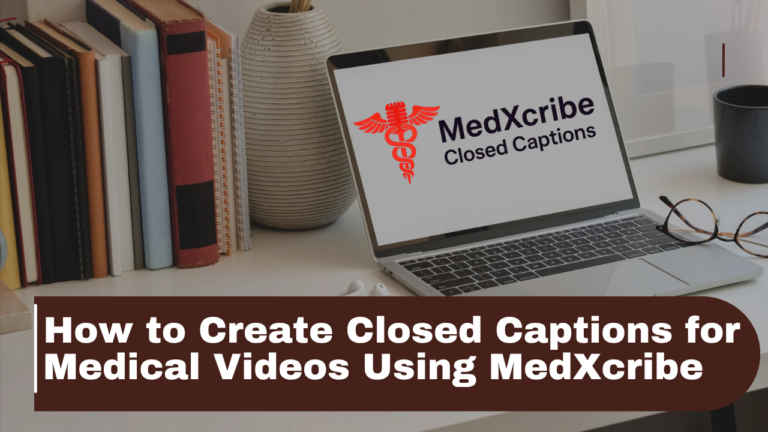
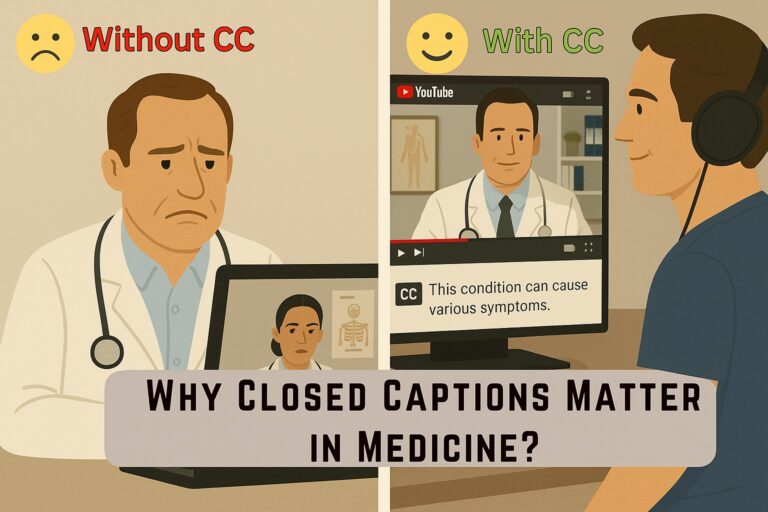
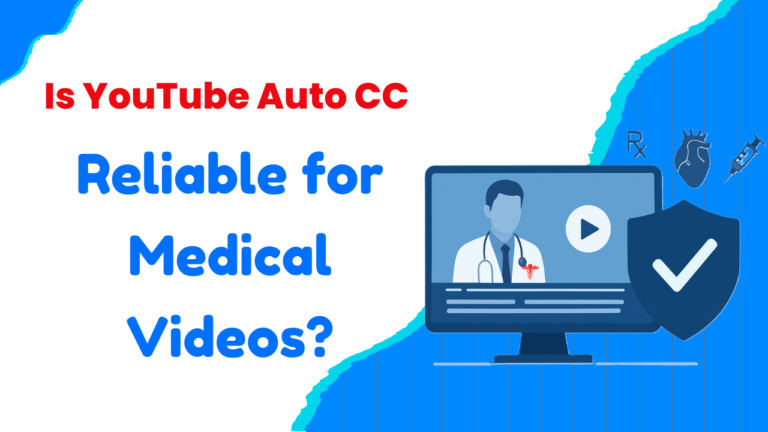
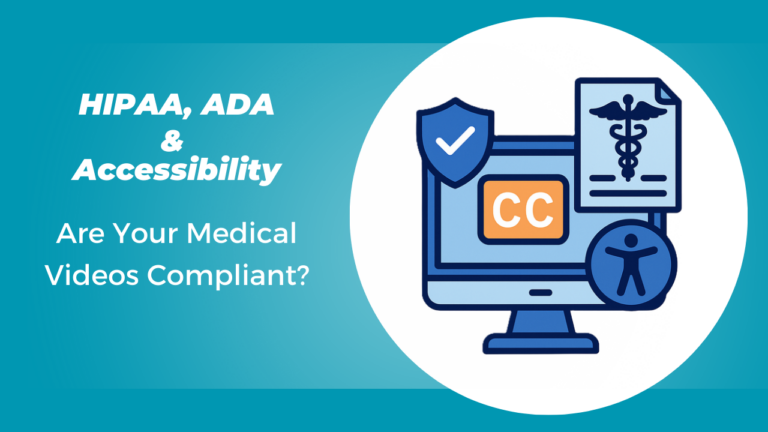
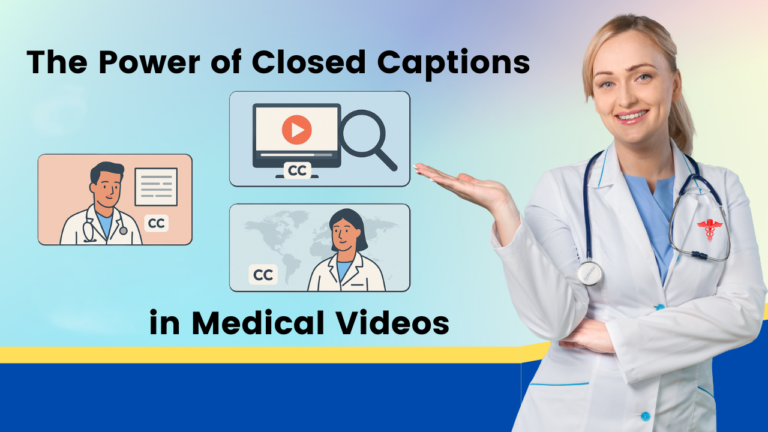
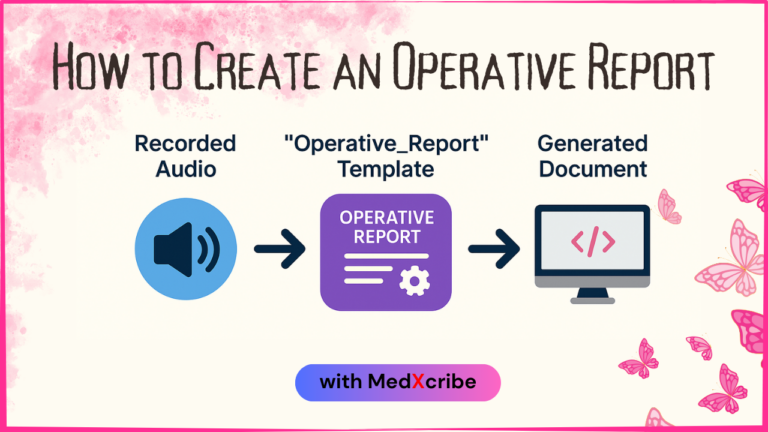
One Response
I am interested in medical transcription… I have worked in Niju scribe for 2 years… I wanted to work on online basis if so please let me know ..